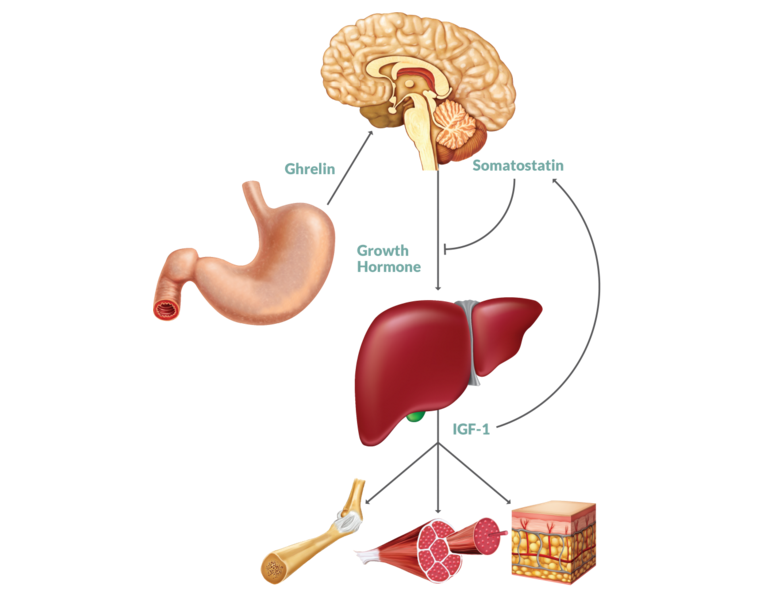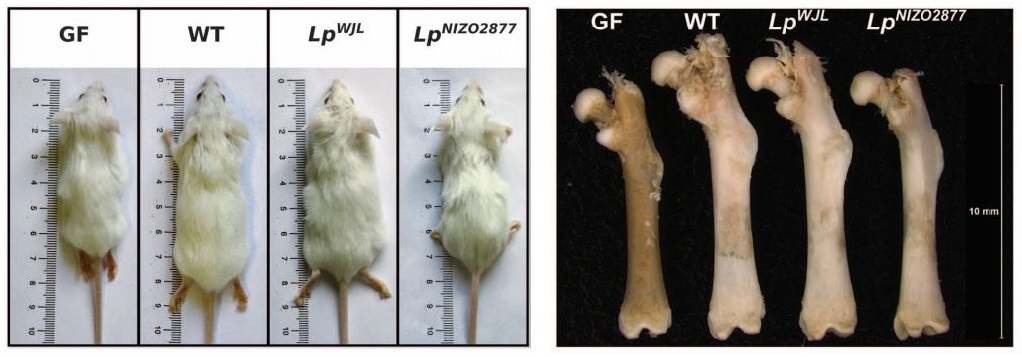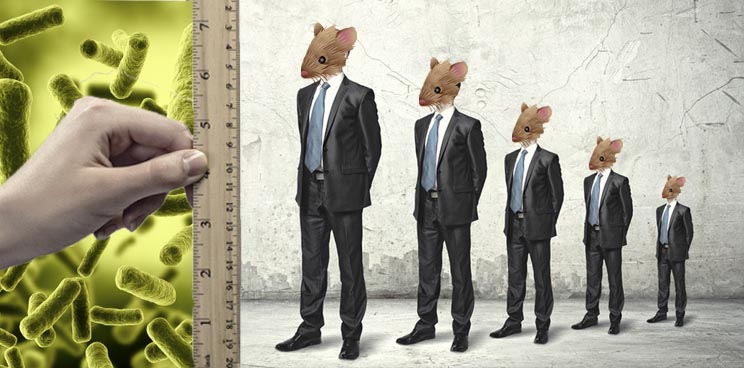Research at the University of Lyon (France) and Czech Academy of Sciences have found a previously unknown link between the microbiome and Human growth, as well as a potential therapeutic application for Lactobacillus plantarum.
 The microbiome is a hot field for research and Health Biotechs alike, and Europe is home to some of the leaders in the field (such as Enterome and 4D pharma), as well as some interesting collaborations (e.g. between Swiss Ferring and Swedish Karolinska Institutet).
The microbiome is a hot field for research and Health Biotechs alike, and Europe is home to some of the leaders in the field (such as Enterome and 4D pharma), as well as some interesting collaborations (e.g. between Swiss Ferring and Swedish Karolinska Institutet).
France is also the origin of the world’s first investment fund focused on the Microbiome.
Now, some European researchers published in Science how there is a direct role the Microbiome plays in the growth of young mice suffering from malnutrition.
Chronic Undernutrition leads to slower growth (for mice and human). This is due to complex hormonal mechanisms, that result in a drop of Insulin-like Growth Factor 1 (IGF-1) – a key hormone for normal growth.

In an effort to better understand these mechanisms the researchers designed an experiment with germ-free mice (which are born and raised in sterile conditions) compared to mice with a normal Microbiome.
The researchers observed that germ-free mice were smaller than the others due to starvation (i.e. undernutrition). They had lower levels of IGF-1, so had gained less weight during growth and their bones were thinner and more fragile.
Inspired by their previous work in the growth of Drosophila (fruit fly), the researchers also looked into cultures of Lactobacillus plantarum, which was suspected to produce IGF-1.
Their hypothesis was that this bacteria could aid growth. To test this they used mono-colonized mice (germ-free mice that were inoculated with a single type of bacteria).

The hungry mice with a Lactobacillus plantarum ‘microbiome’ produced more IGF-1 (and were heavier and bigger) than germ-free mice. So this bacterial strain alone could have an important role in growth regulation…
This is more fascinating research on the influence of the microbiome. Maybe there is even room for a microbiome growth therapy from a potential Lyon-based spin-off?
Feature Image Credit: Remix of Graphics by Labiotech
Fig.1. Schwarzer et al. (2016) Lactobacillus plantarum strain maintains growth of infant mice during chronic undernutrition, Science (doi: 10.1126/science.aad8588)





